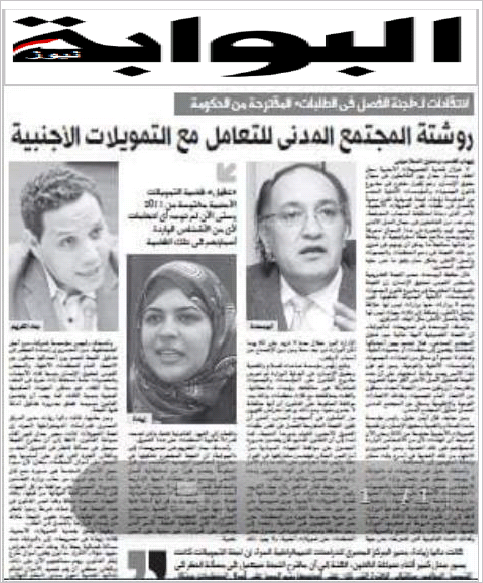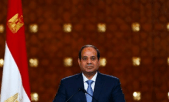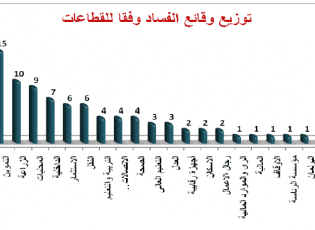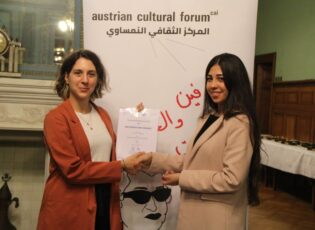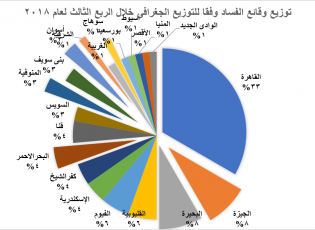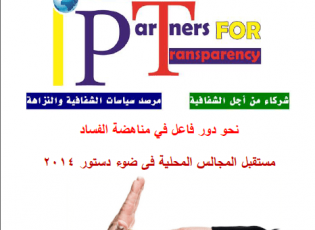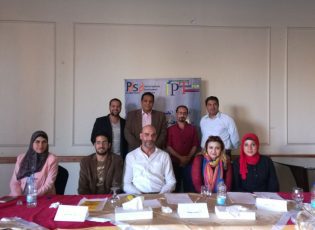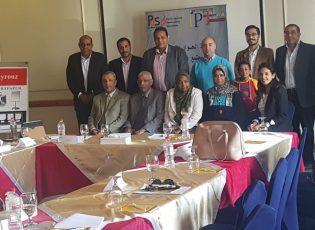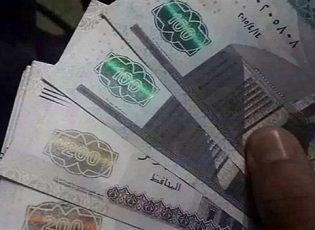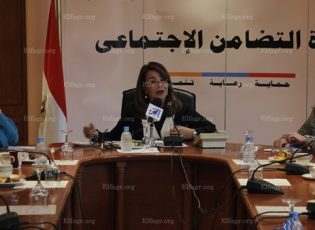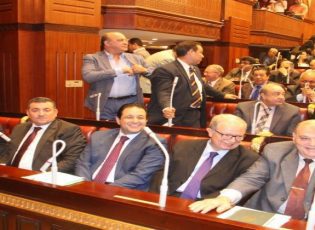Al Bawaba News: Saturday 15-10-2016 | 05:23 AM
Books: Ihab Kassib and Hanin Al-Salamouni
The issue of foreign funds is still the subject of criticism and a track of debate among human rights activists, despite the approval of a proposal in the draft law of associations and civil institutions submitted by the government to establish a coordination committee to decide on requests to receive foreign funds, which invited us to discuss the stakeholders, who are a number of Activists in the field of civil work and known for their experience in this field to know their opinion and to develop the features of a strategic plan or prescription that would address what could contribute to strengthening the role of that committee in supporting organizations and associations and civil work in general in accordance with what is stipulated in the Egyptian constitution.
Hafez Abu Sada, a member of the Legislative Committee of the National Council for Human Rights, said that the proposed coordination committee in the draft law of associations and new civil institutions is large and includes 5 ministries, including ministries that have no relationship to civil work, in addition to 3 bodies that have no relationship with civil work, such as the Central Bank.
Abu Saada added in statements to Al-Bawaba that the coordination committee is a mechanism devoid of civil society representation. It does not include among its members people who belong to non-governmental organizations or associations, nor does it include any representative from unions of civil and private associations and institutions. Therefore, this matter places a mark A question that this committee is more to disrupt civil work than to liberate it, and suggested that within the committee there should be members of the General Federation of Associations as well as specific and regional unions and a representative of civil society to ensure the representation of civil society.
For his part, Ayman Aqil, President of Maat Foundation for Peace, Development and Human Rights, said that the issue of foreign funds is open from 2011 until now. No charges have been brought against any of the persons named in that case, and it is necessary to complete this case as soon as possible and refer the accused to Trial.
Aqeel added in statements to Al-Bawaba that there is no logic in the Ministry of Social Solidarity’s refusal of some organizations, associations and civil institutions to obtain foreign funds as long as they are subject to the Associations Law and have fulfilled the conditions, papers and requests submitted by the Ministry, pointing out that Law 84 of 2002 was shackled. Conditions that were not respected by the Ministry itself, including the reasons for refusing grants and funding, as well as the legal period that stipulated the administration body to respond within a period not exceeding 60 days, but the Ministry responds after a year and without disclosing the reasons for the rejection.
And the head of the Maat Foundation for Peace, Development and Human Rights continued that, at the beginning, the ministry did not present the draft law to institutions and associations to participate in discussing it and expressing its observations, and it was content with discussing it with three organizations, after the government approved the law, meaning that it is a useless discussion. The objection of many civil society workers, I hope that the proposed committee to decide on receiving foreign funding requests will be to fulfill its assigned role. He also pointed out that the old law included the need to secretly obtain the approval of the sovereign authorities, while the current text includes their participation in the decision publicly, not for us. An objection to that as long as the matter in the other is limited to mechanisms, standards, and a period of time during which the request must be decided.
For his part, Dr. Walaa Jad Al-Karim, President of Partners for Transparency, said that the issue of foreign funds has been largely politicized since 2011, and has been used in the media to distort a large group of organizations, even those not accused in the case, and pointed out that there is a problem and great difficulties in getting Some organizations receive foreign funds, and this is not definitely due to legal restrictions only, but because of the weakness of the majority of organizations' capacities for this funding.
Jad al-Karim added in statements to Al-Bawaba that the proposed committee to be formed in the new draft law submitted by the government deducts a lot from the independence of civil work and expands the authorities of the administrative body in violation of the constitutional text, especially since the majority of the committee’s members are representatives of executive government agencies, in addition to that. It does not have a strong technical secretariat that has experience in development and civil society issues to provide information and prepare draft decisions for discussion by the committee, which is reflected in decisions that are not based on scientific foundations.
The head of the Partners Foundation for Transparency added that it is necessary to reconsider the formation of the committee to include among its members representatives of the General Union of NGOs, the National Council for Human Rights by one-third of the members, and independent public figures with experience in the file by one-third, then representatives of concerned government agencies by one-third. The law must also include provisions regarding the need to form a technical secretariat for the committee.
For her part, Dalia Ziadeh, Director of the Egyptian Center for Free Democratic Studies, said that the Funding Committee was the focus of great controversy during the drafting of the law, pointing out that the committee’s proposal will accelerate the issue of considering the funding provided, and thus the period on which organizations ’funds were seized will be reduced. , Because the reason for withholding the funds presented in the form of grants was always justified by the Ministry of Solidarity by the necessity to obtain approval from all parties before giving the final approval by it, and those bodies became represented in accordance with the text of the law in this committee, and there is also a time condition for looking into Those requests, in which the committee will finish issuing its decision and decide on the request.
With regard to the issue of foreign financing, Ziada said in statements to Al-Bawaba that this is a purely judicial matter and no one has the right to object to it. These individuals are convicted of receiving funds outside the framework of the law, and they are now being tried for that, and therefore it is logical that the funds in this case will be frozen until the issuance Final judgment, and this has nothing to do with the Associations Law or the state’s approach to dealing with associations.
Short link: https://pfort.org/en/?p=1789

